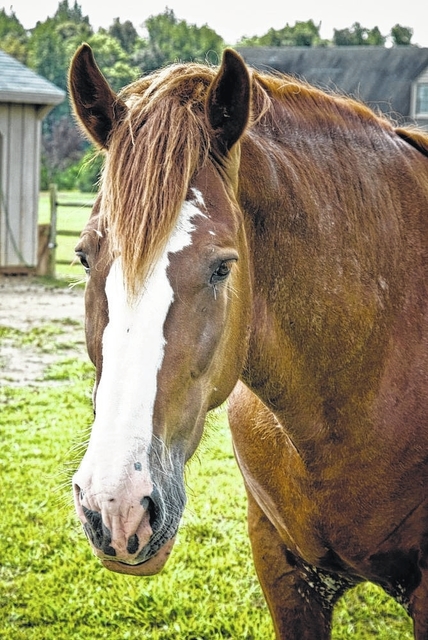COLUMBIA — State veterinary officials are urging South Carolina horse owners to vaccinate their animals following the discovery of an unusually early case of Eastern Equine Encephalitis in a horse in Horry County.
“This is the earliest in the spring that we’ve seen this disease in many years,” said Adam Eichelberger, a veterinarian overseeing animal health programs for Clemson University Livestock-Poultry Health. The horse was euthanized.
Eastern Equine Encephalitis (EEE) is a serious, mosquito-borne illness in horses that can also affect humans. In unvaccinated horses, it is almost always fatal.
“Nine of 10 exposed, unvaccinated horses will succumb to the disease. However, with proper vaccine use the risk of disease is minimized,” Eichelberger said.
Symptoms usually develop in horses from two to five days after exposure. These include stumbling, circling, head pressing, depression or apprehension, weakness of legs, partial paralysis, inability to stand, muscle twitching or death.
South Carolina led the nation in cases of the disease in 2013 with 49 infected horses. Of those, 48 died. None of the horses infected during 2013 had been vaccinated effectively, according to a review of Livestock-Poultry Health vaccination history.
Following that outbreak, increased vaccinations helped reduce the number of cases to seven in 2014 and six last year.
The EEE virus is maintained in nature through a cycle involving the freshwater swamp mosquito, Culiseta melanura, commonly known as the blacktailed mosquito. Two to three days after becoming infected with the virus a mosquito becomes capable of transmitting the virus. Infected mosquitoes can transmit the disease when they bite horses and humans.
“Last year’s floods across much of South Carolina made conditions favorable for mosquito breeding,” said Boyd Parr, state veterinarian and director of Livestock-Poultry Health. “The best defense for horse owners is to maintain current equine vaccinations for Eastern Equine Encephalitis, West Nile virus and rabies for their horses.”
Any livestock, including horses, that display neurologic signs, such as stumbling, circling, head-pressing, depression or apprehension, must be reported to the state veterinarian at 803-788-2260 within 48 hours, according to state law.
Information on animal diseases and reporting requirements can be found on the Livestock-Poultry Health website, www.clemson.edu/lph.


